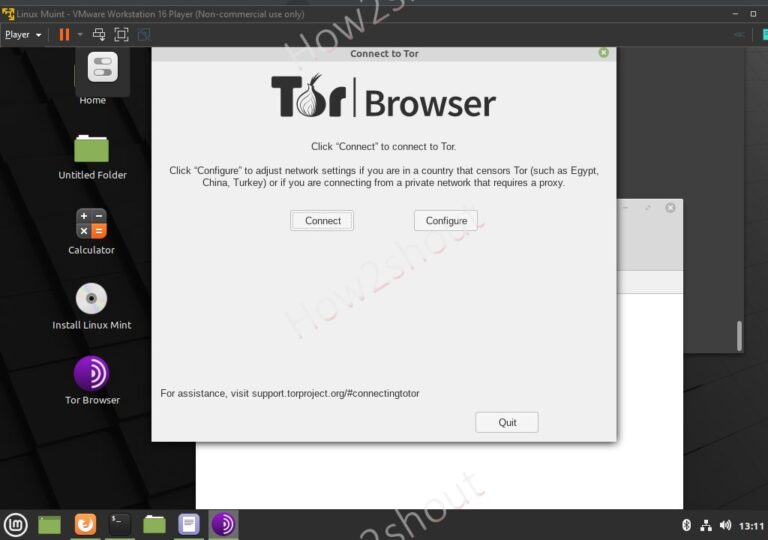

So how does this affect what you, the average consumer, do online? It’s all about peace of mind, quite frankly.Ĭonsumers will use Tor because it protects their privacy from marketers and potential identity thieves. Each of these groups has a specific mission to accomplish, but the end goal is the same - to do so with as little surveillance as possible. With anonymized Internet usage, this opens up new opportunities for a variety of people, whether it’s for consumers who just want privacy, or for criminals, military personnel, activists and whistleblowers, businesses, journalists and more. However, some say that it’s better because it works at the Transmission Control Protocol stream level. Tor isn’t the only service that helps you hide in the shadows away from the prying eyes of the federal government, or any other person who would do it for malicious purposes. The data is transmitted through multiple computers via a network of relays run by like-minded volunteers - almost like how users installed SETI software to look for extraterrestrial beings. This was accomplished by separating the identification and routing information. When users installed Tor software onto their computers, it would conceal their identity and network activity from anyone spying on their behavior. It had also received the backing from the Electronic Frontier Foundation.

It might surprise you that the Tor Project, originally an acronym for The Onion Router Project, was initially funded by the US Naval Research Laboratory and helped launch the development of onion routing (anonymous communication over a computer network) on behalf of DARPA. This free piece of software has certainly become mainstream in light of recent events, but what is Tor and why does it matter to you, your family, neighbors, co-workers, and the rest of the Internet? Peeling back the onion layers Tor technology aims to help appease privacy advocates and offer a way in which the Internet can be enjoyed without the prying eyes of surveillance programs or other tracking software. As Internet users and global citizens become more aware of surveillance activities that the US and other countries are doing on the World Wide Web, there are those who seek to ensure that privacy and personal freedoms aren’t trampled upon. We all live in public, at least as far as the US National Security Agency is concerned.


 0 kommentar(er)
0 kommentar(er)
